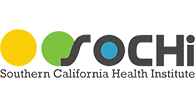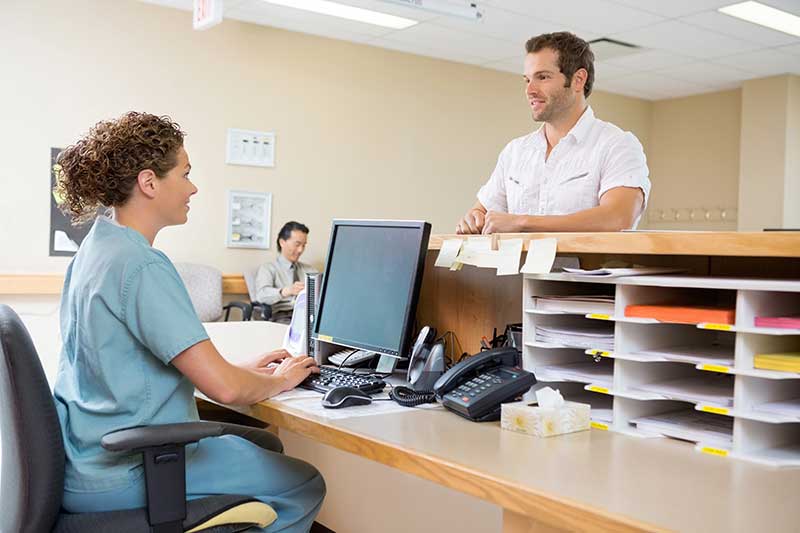Discover the top 10 things medical assistants learn on the job that textbooks can’t teach. From patient care to clinical responsibilities, enhance your healthcare career with these indispensable on-the-job skills.
Medical assistants play a crucial role in the healthcare sector. As unsung heroes, they bridge the gap between patients and doctors, ensuring that medical facilities run smoothly. While formal education provides a foundation for aspiring medical assistants, much of the learning occurs on the job. These professionals acquire a wealth of practical knowledge and skills indispensable to their work. This article will unwrap the top ten things that medical assistants learn as they navigate the fast-paced healthcare environment.
Discover the top 10 Things Medical Assistants Learn On The Job
Discover the 10 crucial things medical assistants learn on the job, from patient care to medical coding. Boost your healthcare career with insider knowledge.
1. Superior Communication Skills
Medical assistants quickly learn that effective communication is key when working directly with patients. They hone their ability to convey medical information clearly and with empathy, explaining treatment plans, and answering questions with patience and understanding. Additionally, they master listening attentively to patients’ concerns, symptoms, and medical histories, ensuring accurate information transfer between them and their healthcare providers.
2. Medical Charting and Documentation
Medical assistants learn the nuances of electronic health records (EHR) systems through hands-on experience. They become adept at entering patient data swiftly and correctly, which is vital for maintaining up-to-date and accurate medical records. Their proficiency in medical charting ensures that patient visits are documented thoroughly, essential for quality patient care and billing accuracy.
3. Time Management and Multitasking
The bustling environment of clinics and hospitals teaches medical assistants to become experts at time management and prioritizing tasks. From juggling appointments to assisting with procedures and managing administrative duties, they learn to multitask efficiently to keep operations running seamlessly. This skill is particularly important during high patient volume or when unexpected situations arise.
4. Clinical Procedures
Most of the skills related to clinical procedures are developed during the hands-on experience on the job. Medical assistants learn to perform various tasks, such as drawing blood, administering injections, preparing patients for exams, and operating medical equipment. They also become familiar with aseptic techniques and proper sterilization processes to prevent infection and ensure patient safety.
5. Insurance Processes
Understanding insurance protocols is another skill that medical assistants develop on the job. They learn about different types of insurance plans, coverage specifics, and the preauthorization process. This knowledge enables them to assist patients with insurance queries and complete necessary billing and coding tasks, which is critical to the financial health of the medical practice.
6. Empathy and Professionalism
Medical assistants often learn the value of empathy by interacting with patients experiencing stress or anxiety. They become skilled at offering reassurance with a professional yet caring demeanor. Empathy goes hand in hand with maintaining professionalism, which includes dressing appropriately, upholding patient confidentiality, and demonstrating cultural competence.
7. Diagnostic Procedures
On the job, medical assistants gain experience in assisting with or performing diagnostic procedures under the supervision of healthcare professionals. From taking vital signs to preparing and performing basic lab tests, they learn the specifics of each procedure, including preparation, execution, and interpretation of results.
8. Legal and Ethical Considerations
Daily immersion in the healthcare environment reinforces the importance of legal and ethical standards in medical practice. Medical assistants develop an intimate understanding of patient rights, consent processes, and the legal requirements for maintaining patient privacy under laws like HIPAA (Health Insurance Portability and Accountability Act).
9. Crisis Response
Dealing with emergencies is a skill that cannot be fully appreciated until experienced firsthand. Medical assistants learn to stay calm under pressure and respond quickly to crises, whether it’s a patient experiencing an adverse reaction, a medical procedure complication, or an urgent care situation.
10. Personal Care Techniques
Personal care is vital to patient support, especially in specialties like geriatrics or rehabilitation. Medical assistants learn techniques for assisting with mobility, personal hygiene, nutrition, and daily living activities, providing comfort and improving the quality of life for patients.
How do I Become a Medical Assistant at SOCHI?
If you want to become a medical assistant, attending a reputable medical assistant school like SOCHI is a great place to start. As a medical assistant, you’ll play a vital role in the healthcare system, working alongside doctors to provide essential care to patients. SOCHI offers a comprehensive medical assistant program that covers everything from anatomy and medical terminology to the administration of medication and patient care.
With small class sizes and a hands-on approach to learning, SOCHI’s program will prepare you for a rewarding career as a medical assistant. So, if you’re ready to take the next step towards a fulfilling healthcare career, consider enrolling in SOCHI’s medical assistant program.
Conclusion
On-the-job learning for medical assistants is an evolving process shaped by encounters with diverse patient needs and ever-changing healthcare environments. These professionals become well-versed in various practical skills that have yet to be fully captured in textbooks or classrooms. Each day presents new learning opportunities that help medical assistants grow, paving the way to becoming resilient and versatile healthcare providers.
The medical assistant role is both challenging and rewarding. As they move from novices to experienced practitioners, medical assistants contribute significantly to the health and well-being of their patients and the efficiency of their medical teams, blending medical knowledge, technical skills, interpersonal aptitudes, and real-world experience.





